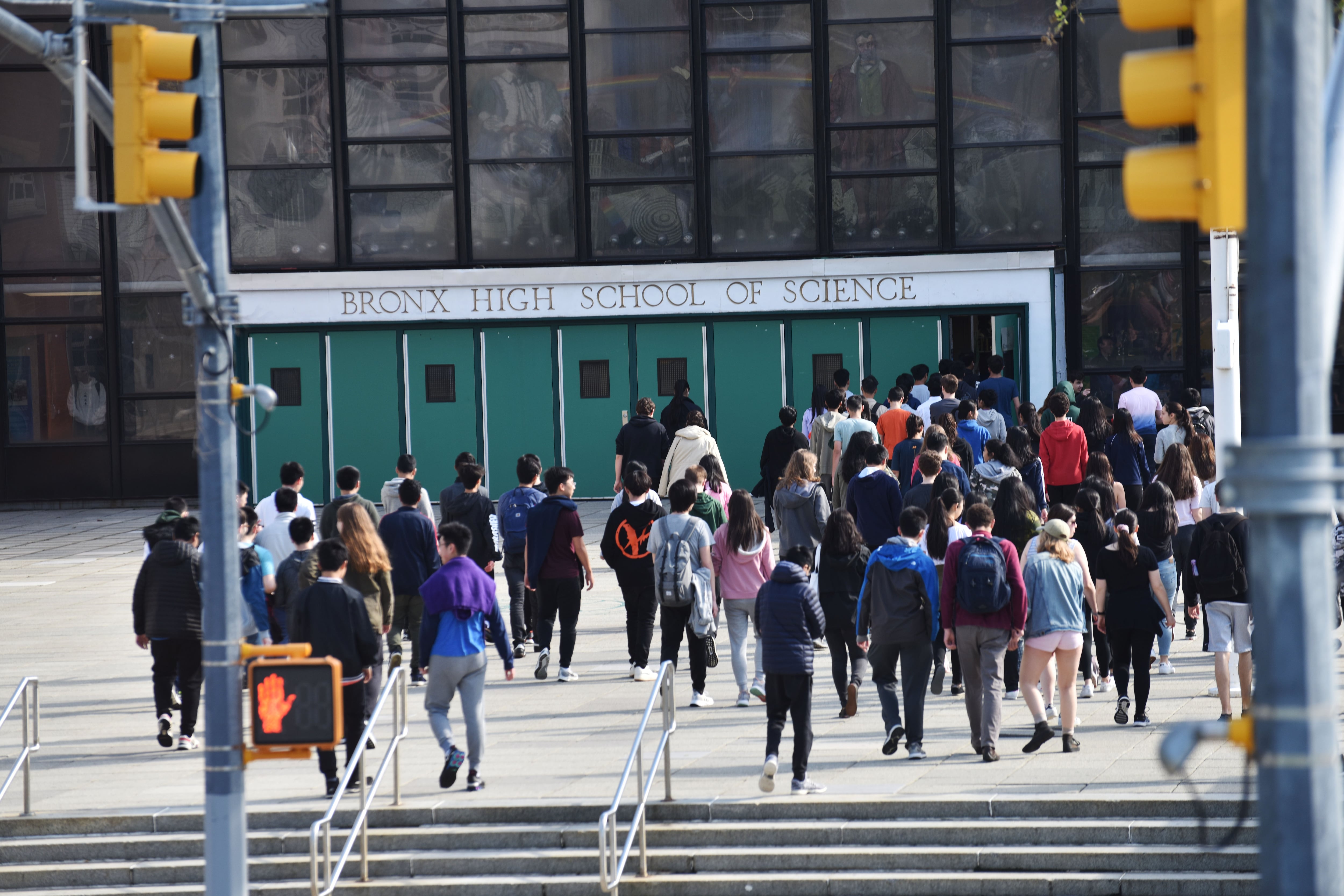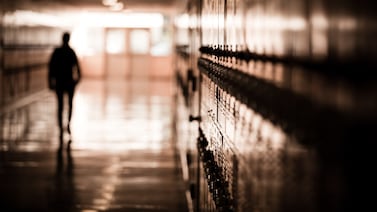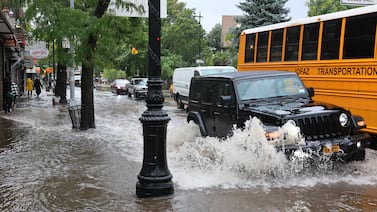New York City high school students who received incomplete grades last spring may get extra time to make up the work, education department officials said Thursday.
More than one in five high school students — or nearly 72,000 — received at least one “course in progress” mark last spring, a grade the city issued in lieu of Fs to account for the disruption of the pandemic. To receive credit for the course, the city allowed students to make up the work by Jan. 31, a quickly approaching deadline that many educators and advocates feared thousands of students wouldn’t meet.
Now, education officials are allowing students to appeal for more time to complete their coursework if they faced internet connectivity issues, did not have access to a device for remote learning, had a death or “traumatic illness” in the family, or faced any other hardship that hampered their academic progress.
The change comes after some advocates and educators pressed the education department to give students more time. It represents an acknowledgement that the pandemic continues to interrupt learning and that thousands of students may be at risk of receiving no credit for outstanding coursework from the spring, possibly knocking them off track to graduate.
But even if students are awarded extra time, how many will complete the work remains a big question. Many are continuing to struggle with disruptions related to the pandemic, including family illness, connectivity issues, or picking up jobs to help their family’s finances. Additionally, they must complete old coursework on top of their current academic loads, which could pose challenges as assignments pile up.
“No child should be left behind during the pandemic, and we are maintaining our high academic standards while being understanding of the challenging circumstances students and families are facing,” Danielle Filson, an education department spokesperson, said in a statement. “Individual plans will be created for students who are approved for an appeal so they can receive the additional time and targeted instruction they need to master the required curriculum and material.”
To receive additional time, families, teachers, or principals must file appeals by Feb. 22. Superintendents will grant or deny requests by the beginning of March. Students who win their appeals will receive a “customized” due date to complete their work no later than June, or they will receive no credit for the course in question.
Overall, Black and Hispanic students were disproportionately likely to receive incomplete marks compared with their white and Asian peers. Black students, for instance, represented nearly 32% of students who received at least one incomplete, but are 25% of the overall high school student population. Asian students, by contrast, represent about 16% of high school students, but were 9.4% of those who received an incomplete.
Will Ehrenfeld, a history teacher at P-Tech in Brooklyn, said he supports giving students more time to complete their coursework. But he wondered why the education department was requiring students to apply for extensions, thereby creating additional paperwork for schools and another hurdle for families.
His school has devoted this week to helping students make up incomplete work, using time that students would normally spend taking Regents exams. Those exit exams were cancelled because of the pandemic.
Still, of the roughly 70 “course in progress” marks he issued students in the spring, he only expects up to 20 of them to successfully make up the work. And it’s not clear how much extra time will help, especially as high schools remain closed for in-person learning.
“There’s a larger group that just doesn’t do well with the remote situation, and I just don’t think that’s going to change until we can have an in-person option,” he said.
The education department did not say how many students still have outstanding incomplete grades, but some of the city’s efforts to catch students up have fallen far short of expectations.
Of the 71,675 students who received at least one incomplete grade in the spring, only 3.6% of them had made up the work by the end of September, owing in part to a summer school program that fell far short of expectations.







